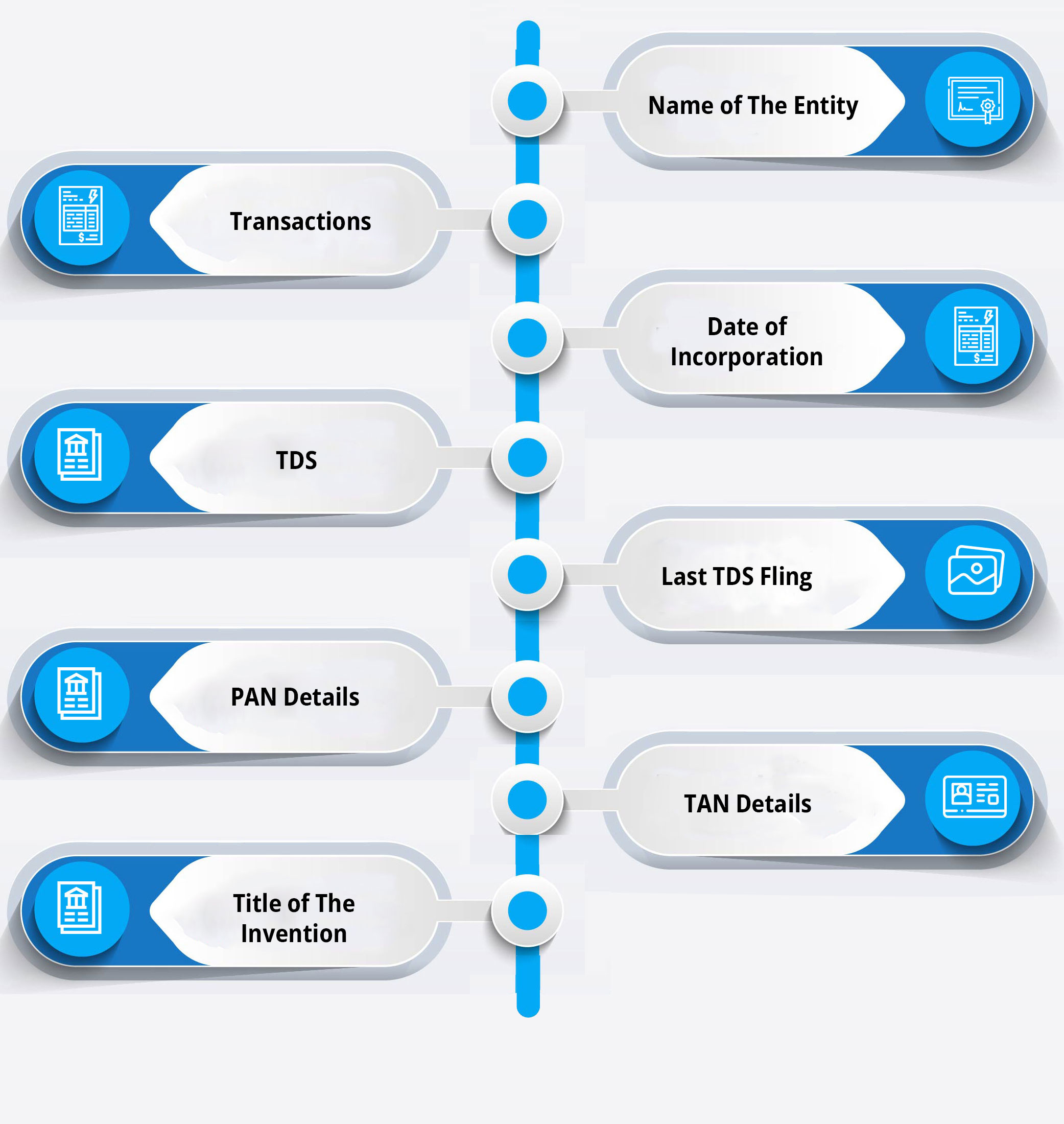TDS (Tax Deducted at Source) is a term that refers to the tax that is deducted at the A tax-deductor is required by the Income-tax Act to provide a periodical TDS statement (quarterly) detailing the details of tax deductions made during the quarter by the specified due date. The rate at which TDS is deducted is determined by the Department of Revenue. The Deductor is responsible for deducting TDS before making a payment and depositing it with the government. The goal of a Tax Deduction at Source (TDS) return is to collect tax at the point of income generation. A deductor who must make a specific type of payment to a deductee is responsible for deducting tax at the source and transferring it to the Central Government, according to this.


Below is the procedure for TDS return filing-
TDS return is totally filed online in India. It is a straightforward and quick process. Returns must be filed accurately and without errors in order to be passed on to the next phase. You can ensure that clients in India receive end-to-end incorporation, compliance, advising, and management consultancy services with the help of our tax professionals.





TDS Return is a report that summarises all TDS transactions for a given quarter. It is a quarterly statement that the payer or deductor must send to the Internal Revenue Service.
The deductor or payer must file a TDS return every quarter to advise the Income Tax Department of the tax deducted at source.
Yes, the deductor is required to file a TDS return with the Income Tax Department every quarter. Otherwise, he will be subject to late fines and penalties under sections 234E and 271H.
If a person fails to file a TDS/TCS return or fails to file it by the required date, he will be subject to late costs under section 234E as well as a penalty under section 271H.